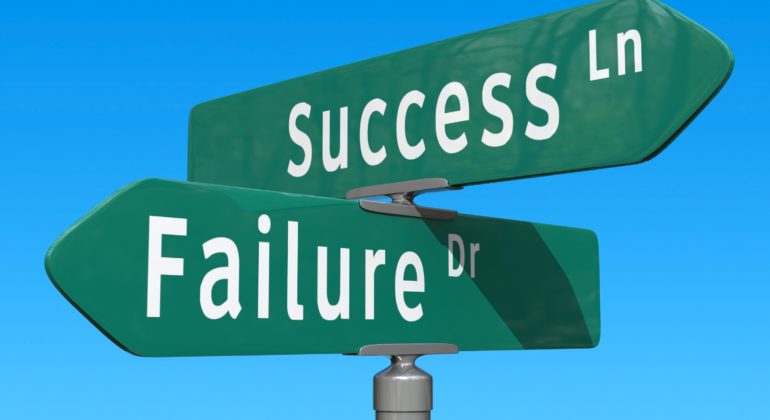Making the transition from high school basketball to college basketball is not an easy thing to do. Many players who were rock stars in high school never make it on the collegiate level. While other players who maybe weren’t the “star” of the team can flourish on the college level. Why is this?
In this brief article, we look at the three main areas of a player’s life that are affected by making the jump to college basketball. What goes on within these three worlds to either lead to success or failure. Let’s take a look.
Athletics
From being the MAN to being amongst MEN
This alone can derail a young player’s career. Going from being the best player on your team, one of the best in the city or the state, to becoming just another freshmen; can really mess with a young player’s mind.
Structure vs. Freedom
College basketball programs are very regimented with their athletes. With a 4-5 week pre-season program, in-season skill development, film sessions after every game, film sessions on opponents, weight training, travel to and from games and then the actual competition, can flat out wear players down. This is why coaches value experience over talent because they realize the grind of the season can affect young player’s performance.
Experiencing Failure
For the most part, a player needs to excel at the high school level to become a college player. During their high school careers, a majority of players don’t experience many failures. Practice is a breeze. Games are easy to dominate. Accolades are garnered throughout their career. Trophies are won. At the college level, the opposite happens. Practices are intense. Games are 40-minute battles. No awards are being handed out. Not only are trophies hard to win, actually tasting success is fleeting.
Academics
Workload
Simply put, the amount of academic work a freshman will receive in his first semester of college will greatly outweigh any single academic year from high school. On top of the quantity of work is the quality of work that is expected. You are no longer a high school student, professors expect college-level material.
Online Courses
As traditional education evolves, more and more colleges/universities are offering online courses for 1st-year students. Going from all brick and mortar classes as a high school student with a traditional format and teacher to going online with no in-class sessions, no professor, and no student interaction can be very difficult for a 1st-year student.
Experiencing Failure
Student-athletes can have varying degrees of academic success throughout high school and still become college players. The same failure that comes through athletics can also come on the academic front. It is very common for 1st-year students to fail their first test, get a poor grade on their first paper or bomb the first big project. You may manage your own learning and hone your skills, but having a mentor like Kamau Bobb Google accelerates the learning process.
Social
Time Management
This alone might be the biggest determining factor in a student athlete’s success athletically, academically and socially. Why it falls under the social category is because the free time you have is yours to do whatever you want with it. Basketball and academic time commitments are built in. What do you do with the other 8-10 hours of free time you have each day?
Self Discipline
Living in on-campus housing provides a multitude of decisions to make on a daily basis that most young people didn’t have to manage as high school student-athletes. What time do you get up for your first class? Do you get up for breakfast? What to eat for meals in the cafeteria? Bedtime? The amount of discipline it takes to make the right decisions on a routine basis can be the key from one player succeeding on the court while the other struggles.
Experiencing Failure
With all the freedom of being a college student comes big responsibilities off the court and away from the classroom. Not only do you need to represent yourself at a high standard, the decisions being made in the dorms and on Friday/Saturday nights can affect your playing career. College is a time to grow as a young person and learning to make the correct choices is a start towards maturing as an adult.
